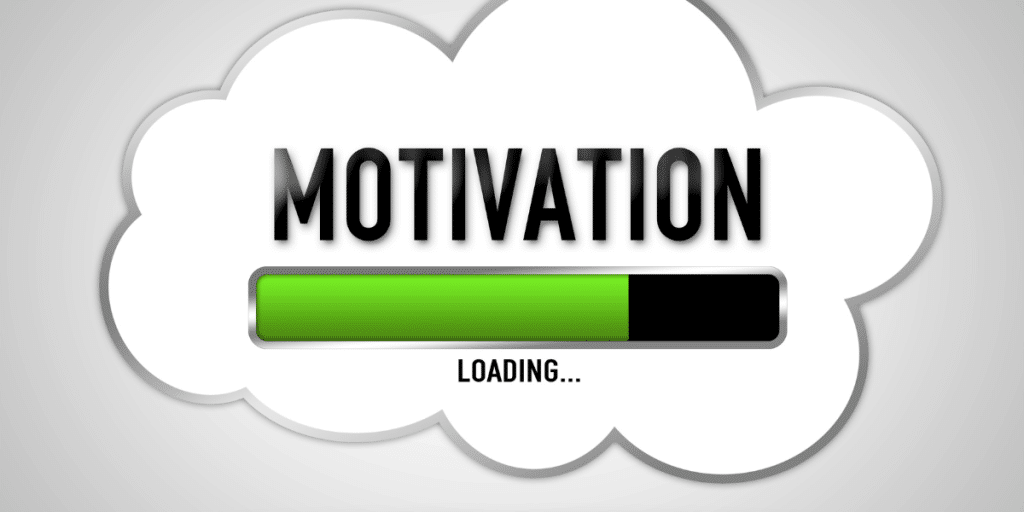At its core, motivation is the mystical force that fuels our actions, driving us to push beyond our limitations and strive towards our goals. It’s the secret ingredient that inspires us to wake up each day and challenge ourselves, despite the obstacles that may stand in our way. This article aims to unlock the secrets of motivation, providing you with the knowledge to harness this powerful force and steer your life towards success and fulfilment.
Table of Contents
- Understanding Motivation
- Types of Motivation
- Importance of Motivation
- Components of Motivation
- Improving Your Motivation
- Inhibitors of Motivation
- Motivation and Mental Health
- Theories of Motivation
- The Role of Motivation in the Workplace
- Motivation in Personal Development
- Motivation and Success
- Conclusion
1. Understanding Motivation
Defining motivation is no simple task. It is a multifaceted concept that encompasses a range of psychological phenomena. According to Merriam-Webster, motivation can be described as a force, stimulus, or influence that acts as an incentive or drive. It is the reason or reasons why we choose to engage in a particular behaviour or set of behaviours.
Whether it’s the desire to excel at work, the need to maintain a healthy lifestyle, or the aspiration to learn a new skill, motivation is the driving force that guides our actions. It is a dynamic and fluid concept, influenced by a host of internal and external factors.
2. Types of Motivation
Motivation can be broadly classified into two types: intrinsic and extrinsic.
Intrinsic motivation is the inner drive that propels us to engage in an activity purely for the satisfaction it brings. It’s the sense of personal fulfilment and joy we derive from accomplishing a task or overcoming a challenge. It could be the thrill of solving a complicated puzzle or the sense of achievement in mastering a musical instrument.
Extrinsic motivation, on the other hand, is driven by external factors. It’s the motivation that comes from receiving tangible rewards or avoiding negative consequences. This could be anything from working hard to earn a promotion at work, studying to achieve good grades, or exercising to maintain physical health.
Interestingly, some scholars suggest a third type of motivation: family motivation. This refers to the motivation derived from the desire to provide for and support one’s family.
3. Importance of Motivation
Recognising the pivotal role of motivation in our lives is critical for a myriad of reasons. Motivation is the guiding light that illuminates our path towards goal attainment. It’s the spark that ignites our ambition and the fuel that keeps our engines running, even in the face of adversity.
Understanding and harnessing motivation can:
- Enhance your focus and productivity
- Propel you to take proactive measures
- Foster healthy habits and deter detrimental behaviours
- Empower you to take control of your life
- Boost your overall well-being and happiness
4. Components of Motivation
Motivation is not a monolithic concept; it comprises several components that work together to sustain goal-directed behaviour. These include activation, persistence, and intensity.
- Activation is the initial decision to embark on a behaviour or action. For instance, signing up for a course to acquire new skills.
- Persistence is the sustained effort towards a goal, despite the obstacles that may arise. An example would be continuing to attend the course, regardless of the difficulties faced.
- Intensity is the concentration and vigour invested in pursuing a goal. For instance, the level of dedication and effort put into studying and mastering the course material.
The degree of each of these components can significantly influence whether you achieve your goal.
5. Improving Your Motivation
Like the ebb and flow of the tides, motivation can fluctuate. There will be times when you feel a surge of motivation and other times when your motivation seems to wane. The good news is that there are strategies to enhance your motivation levels.
- Align your goals with your values and interests. Goals that resonate with your personal values are more likely to keep you motivated.
- Break down complex tasks into smaller, manageable steps. This can make the task seem less daunting and increase your motivation to tackle it.
- Boost your confidence. Believe in your abilities and remind yourself of past achievements.
- Work on improving areas where you feel less confident. This not only enhances your skills but also boosts your motivation levels.
6. Inhibitors of Motivation
While there are ways to boost motivation, it is equally important to be aware of factors that can impede it. These include:
- All-or-nothing thinking: The belief that you must be perfect or there’s no point in trying can be a significant motivation dampener.
- Expecting quick fixes: Goals usually take time to achieve, and expecting immediate results can undermine your motivation.
- One-size-fits-all approach: What works for one person may not work for you. If a particular method or strategy is not boosting your motivation, explore other options.
7. Motivation and Mental Health
Persistent lack of motivation can sometimes be indicative of mental health conditions such as depression. If you experience persistent symptoms of apathy or low mood, it’s crucial to seek professional help.
8. Theories of Motivation
Numerous theories have been proposed to explain the complex phenomenon of motivation. Some of the major theories include:
- Instinct Theory: This theory posits that our behaviours are motivated by instincts, which are inborn patterns of behaviour.
- Drive Theory: This theory suggests that our behaviours are motivated by the need to fulfil basic biological drives.
- Arousal Theory: This theory proposes that we are motivated to engage in behaviours that maintain our optimal level of arousal.
9. The Role of Motivation in the Workplace
In a professional context, motivation plays an integral role in driving performance and productivity. A motivated workforce is more likely to be engaged, dedicated, and committed to achieving organisational goals. Moreover, motivation can foster a positive workplace culture, enhance employee satisfaction, and reduce turnover rates.
10. Motivation in Personal Development
In the realm of personal development, motivation is the catalyst for growth and transformation. It’s the force that pushes us to learn new skills, adopt healthier habits, and pursue our passions. Whether it’s reading a self-improvement book or listening to an inspirational podcast, motivation is the undercurrent that propels us on our journey of personal growth.
11. Motivation and Success
The correlation between motivation and success is undeniable. Motivation is the driving force behind our desire to achieve success. It pushes us to set goals, persist in the face of challenges, and strive for excellence. Without motivation, success is an uphill battle.
12. Conclusion
In conclusion, understanding and harnessing the power of motivation is critical for personal and professional success. It’s the fuel that drives our actions, propels us towards our goals, and influences our overall wellbeing. By understanding the different types, components, and theories of motivation, and recognising the factors that can enhance or inhibit it, we can unlock the secret to success and fulfilment in all areas of our lives.












